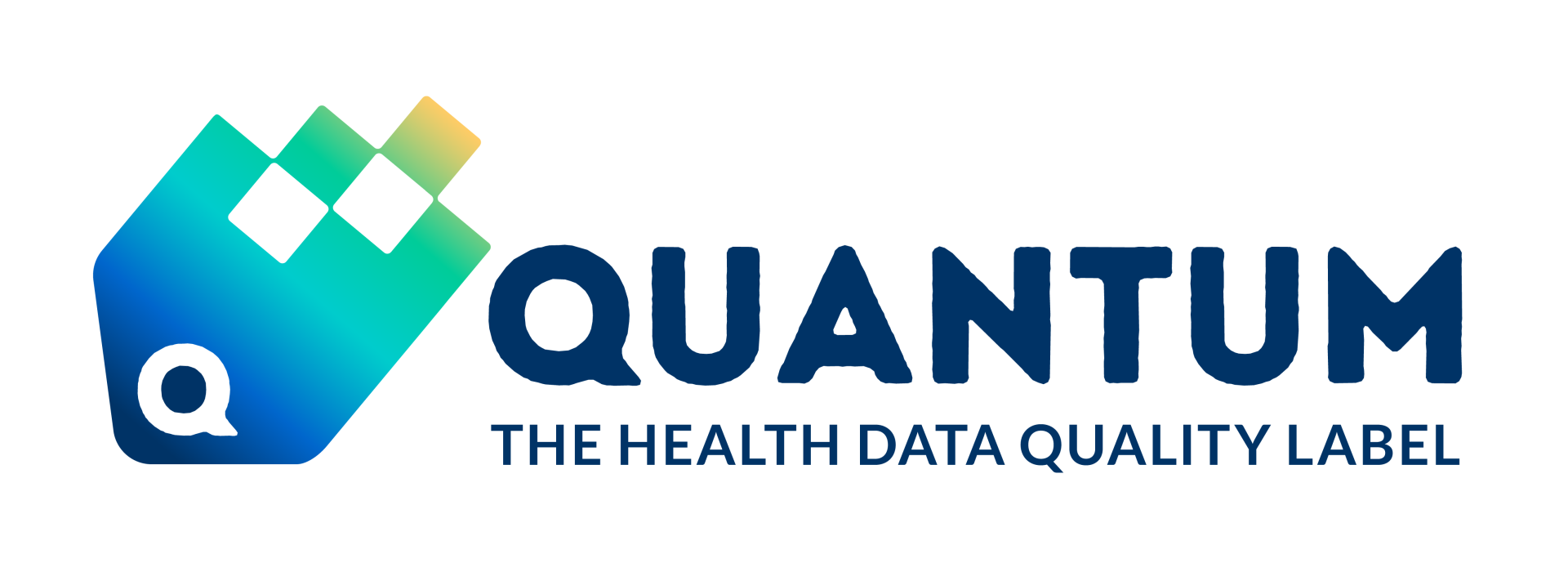Consortium partners

The Austrian National Public Health Institute (GÖG) is responsible for researching and planning public healthcare in Austria and is the national competence and funding centre for promotion of health.

BBMRI-ERIC brings together biobanks, researchers, industry and patients to boost biomedical research, offering quality management services, support with ethical, legal and societal issues and online tools and software solutions.

DIGITALEUROPE is the leading trade association representing digitally transforming industries in Europe with a membership of over 45,000 businesses, including 100 corporations and 41 national trade associations.

Sciensano is the Belgian scientific institute of public health. Building on more than 100 years of scientific expertise, it focuses on the close and indissoluble interconnection between human and animal health and their environment.

The European Institute for Innovation through Health Data (i~HD) is a European, not-for-profit organisation facilitating the optimal uses of health data through a series of complementary activities.

The European University Hospital Alliance (EUHA) is formed by 10 leading European university hospitals with demonstrated excellence in healthcare, education, and research.
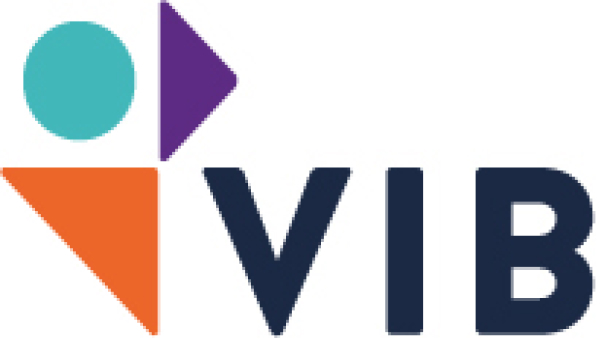
VIB is an entrepreneurial non-profit research institute, with a focus on groundbreaking strategic basic research in life sciences and operates in close partnership with the five Flemish universities.
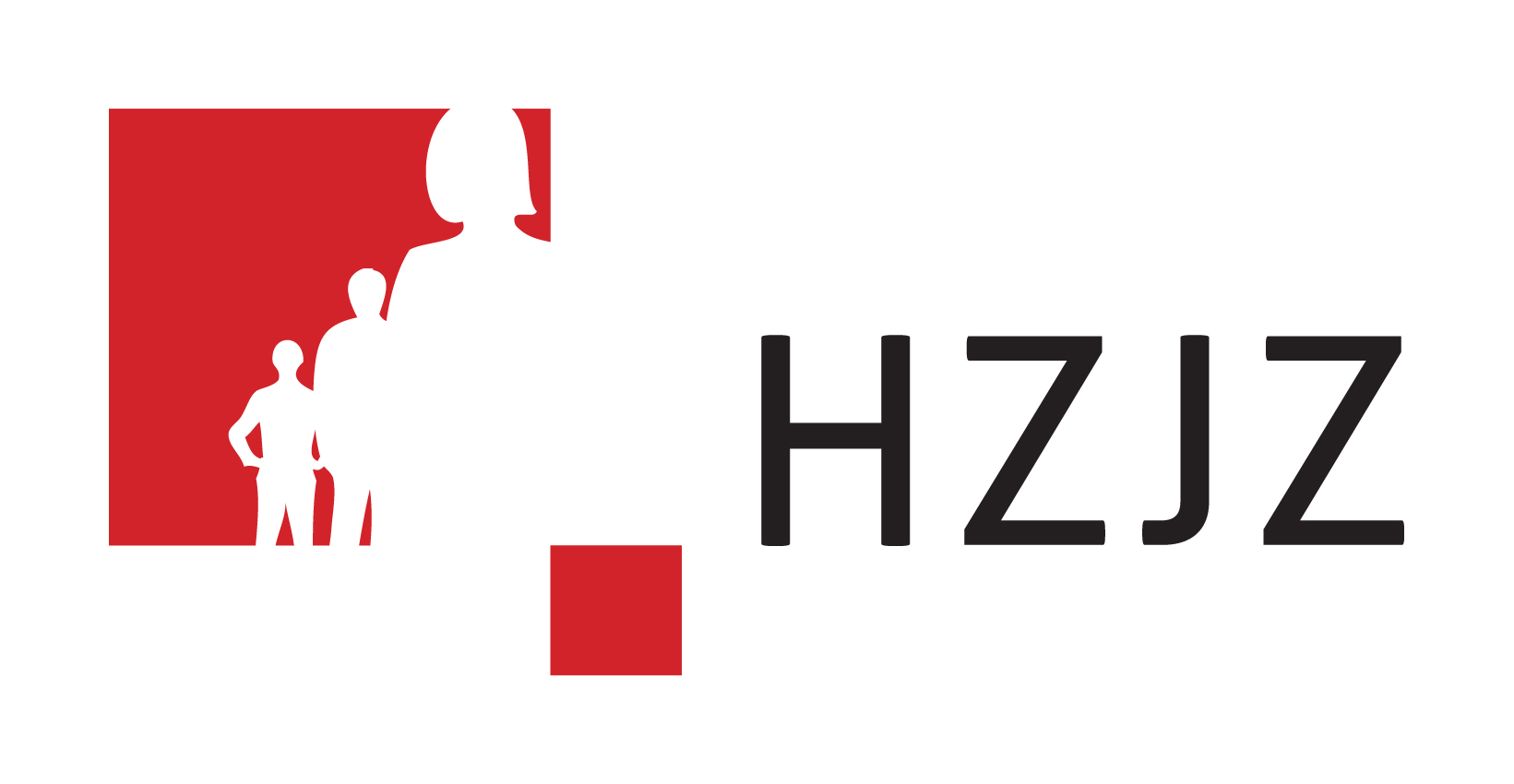
The Croatian Institute of Public Health (CIPH) is the central public health institute for planning, promoting and implementing measures for the enhancement of population health and reduction of health problems.

HUS – Helsinki University Hopital is the leading healthcare organization in Finland responsible for the specialized care of 1,7 million residents in the region of Helsinki and Uusimaa.

THL is a governmental R&D agency and the national authority responsible for steering, management and processing of digital health and social care data.

The Health Data Hub is a public structure whose objective is to enable project coordinators to easily access non-nominative data hosted on a secure platform, in compliance with regulations and citizens’ rights.

Assistance Publique-Hôpitaux de Paris (AP-HP) is the biggest teaching hospital in Europe, federating 39 different hospitals mainly located in Paris (France) and its suburban area.
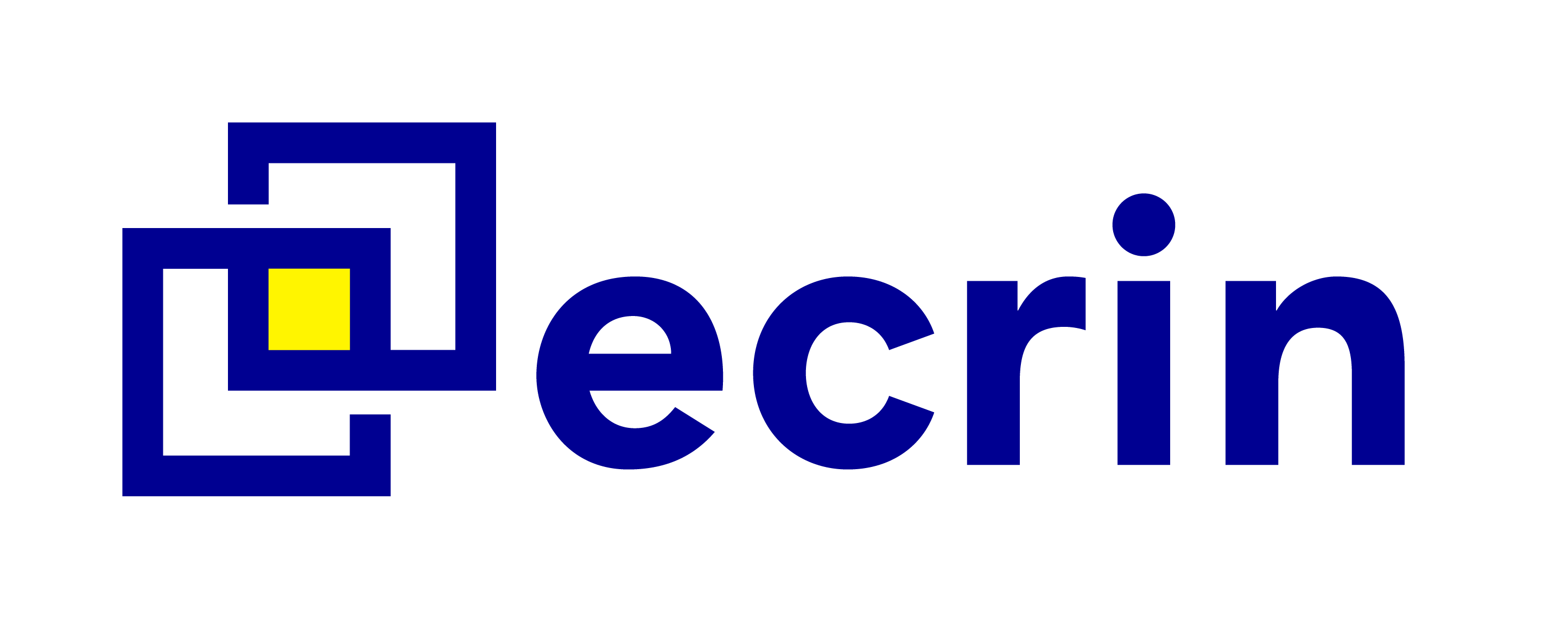
ECRIN-ERIC is a European Research Infrastructure facilitating multinational clinical research, through the provision of advice and services for the set-up and management of investigator or SME led clinical studies in Europe.
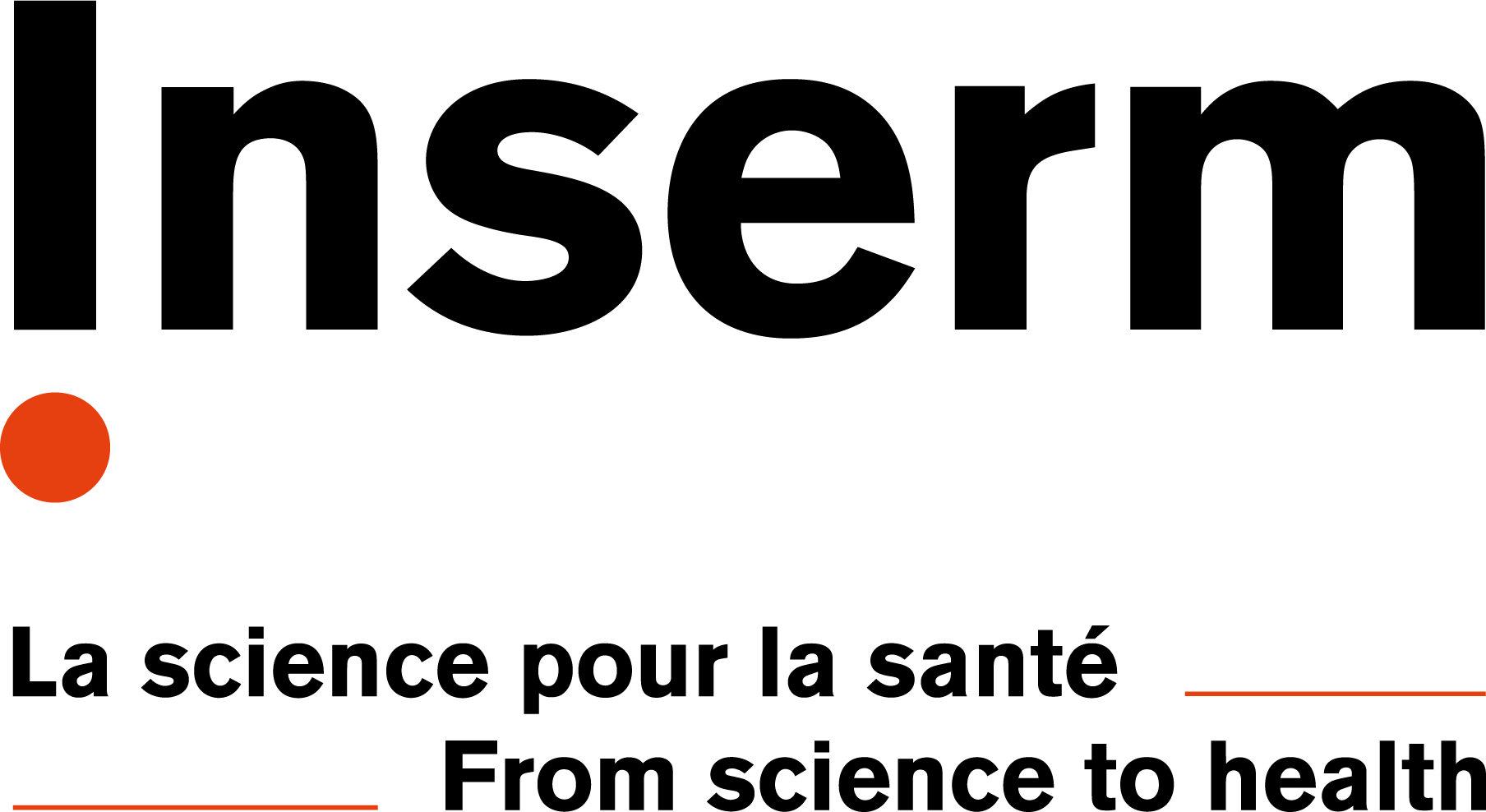
Founded in 1964, Inserm is a public institution dedicated to biological and medical research and human health, covering the whole spectrum from the research laboratory to the patient’s bed.
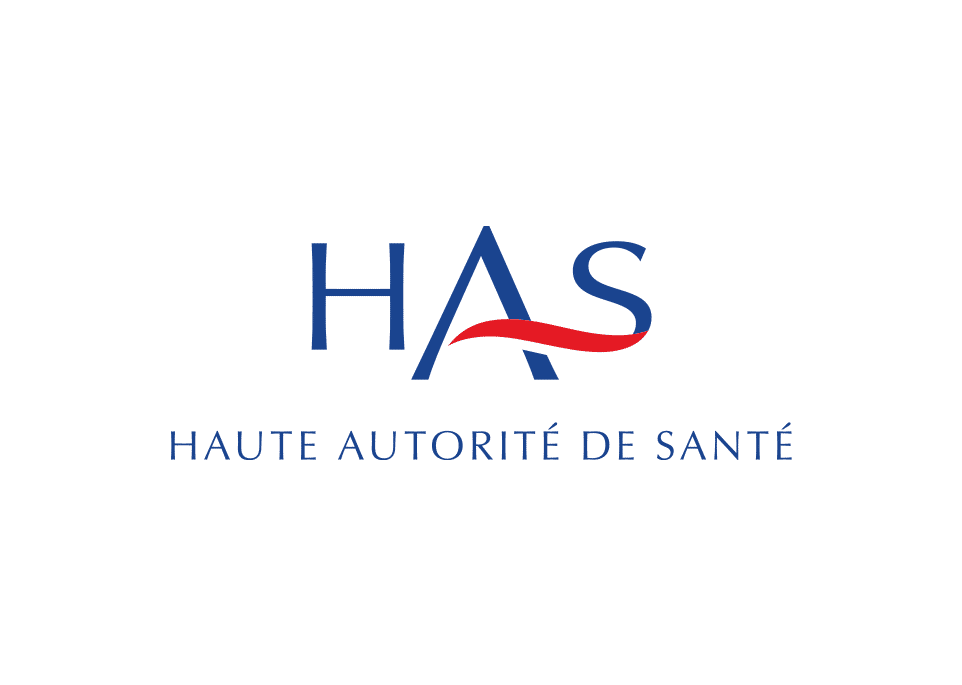
The French National Authority for Health (Haute Autorité de Santé) is an independent, public scientific advisory body, established by law on August 13th, 2004. Its area of action are healthcare and social care services.
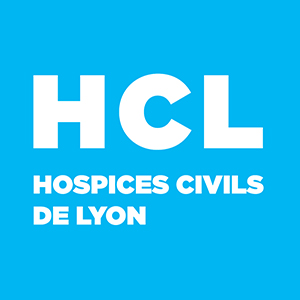
As a Public Centre of Excellence, “Hospices Civils de Lyon” is the second largest University Hospital Network in France and it is ranked among the 25 best hospitals in the world with 14 multidisciplinary or specialised establishments.

Toulouse University Hospital is the 4th French hospital in terms of activity. It cares for around 280,000 patients and 915,000 consultations each year.
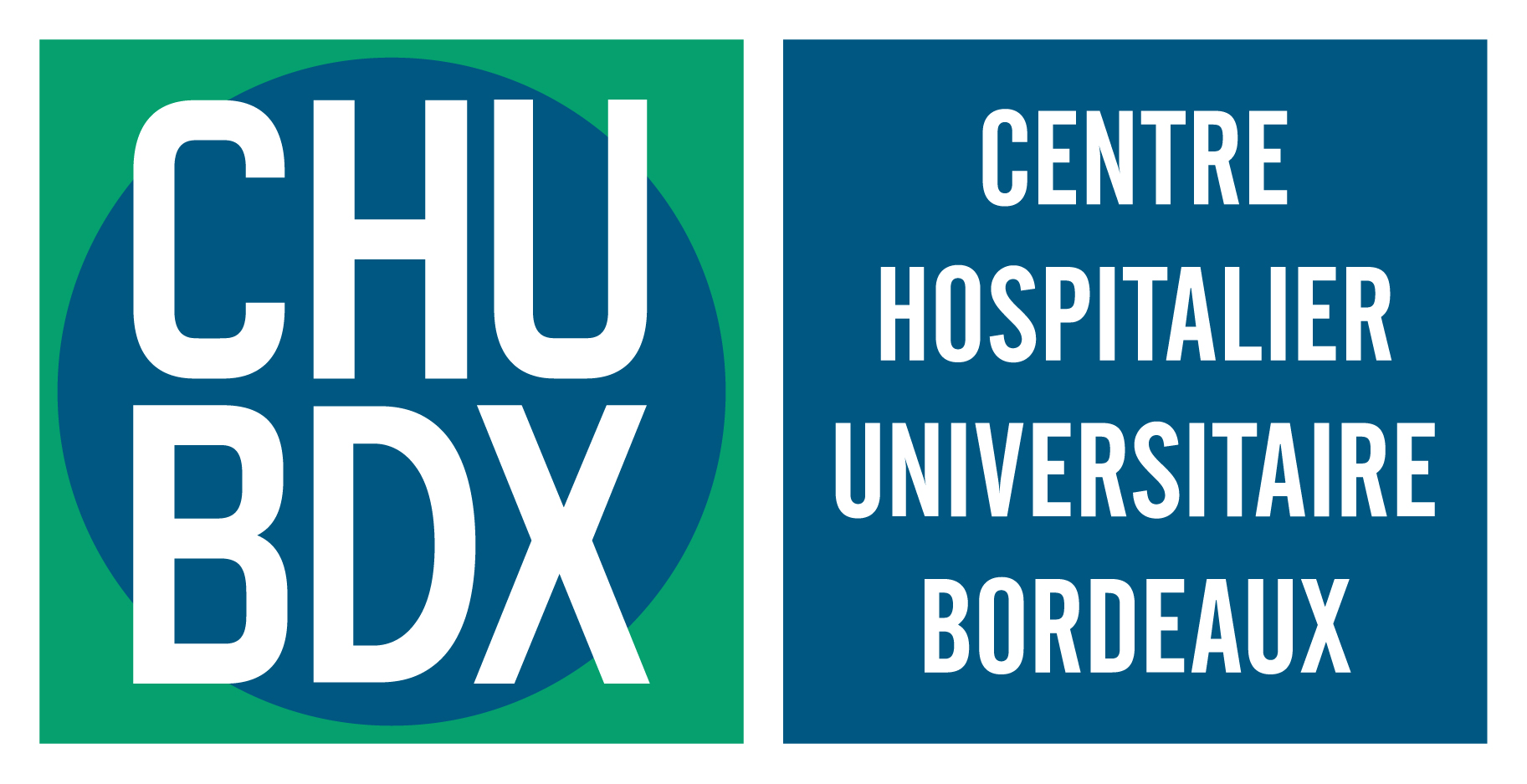
CHU Bordeaux is both a local health facility for the entire population of Bordeaux Metropole and the health center of appeal and expertise for the entire region of New Aquitaine.
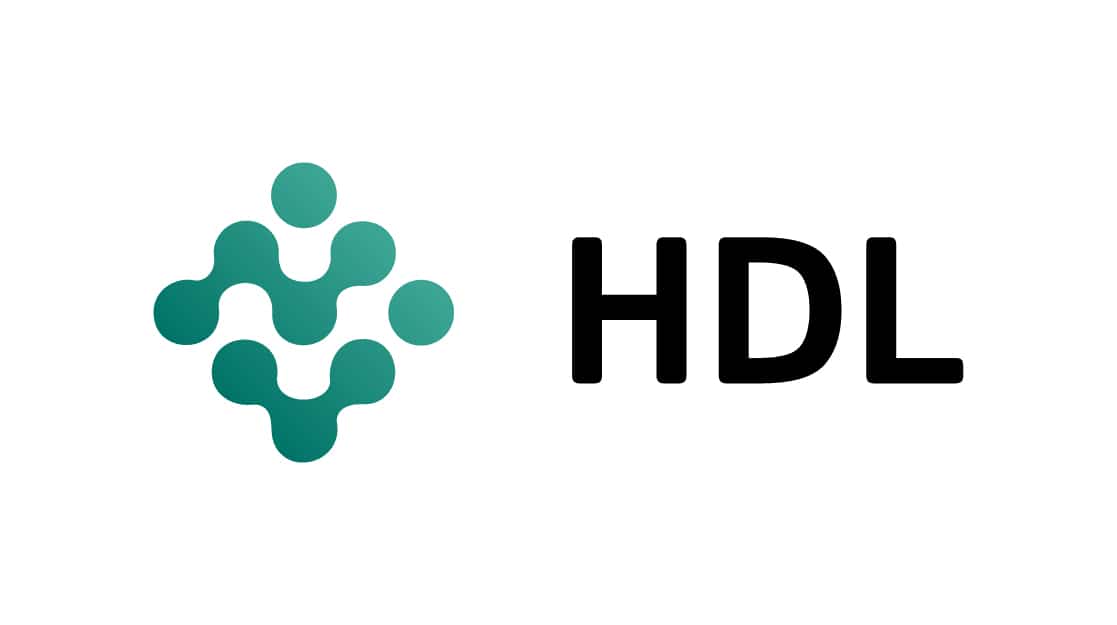
The Health Data Lab (HDL) at the Federal Institute for Drugs and Medical Devices in Bonn (GER) aims to provide claims data of all persons insured in statutory health care for research purposes.

Data Saves Lives is a multi-stakeholder initiative with the aim of raising wider patient and public awareness about the importance of health data, improving understanding of how it is used.
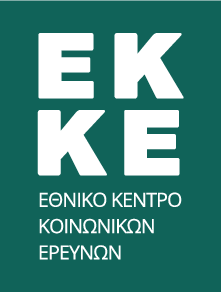
SoDaNet as part of the National Centre for Social Research (EKKE) in Greece, supports research and promotes the acquisition, exchange, processing and dissemination of data deriving from and related to social science research.
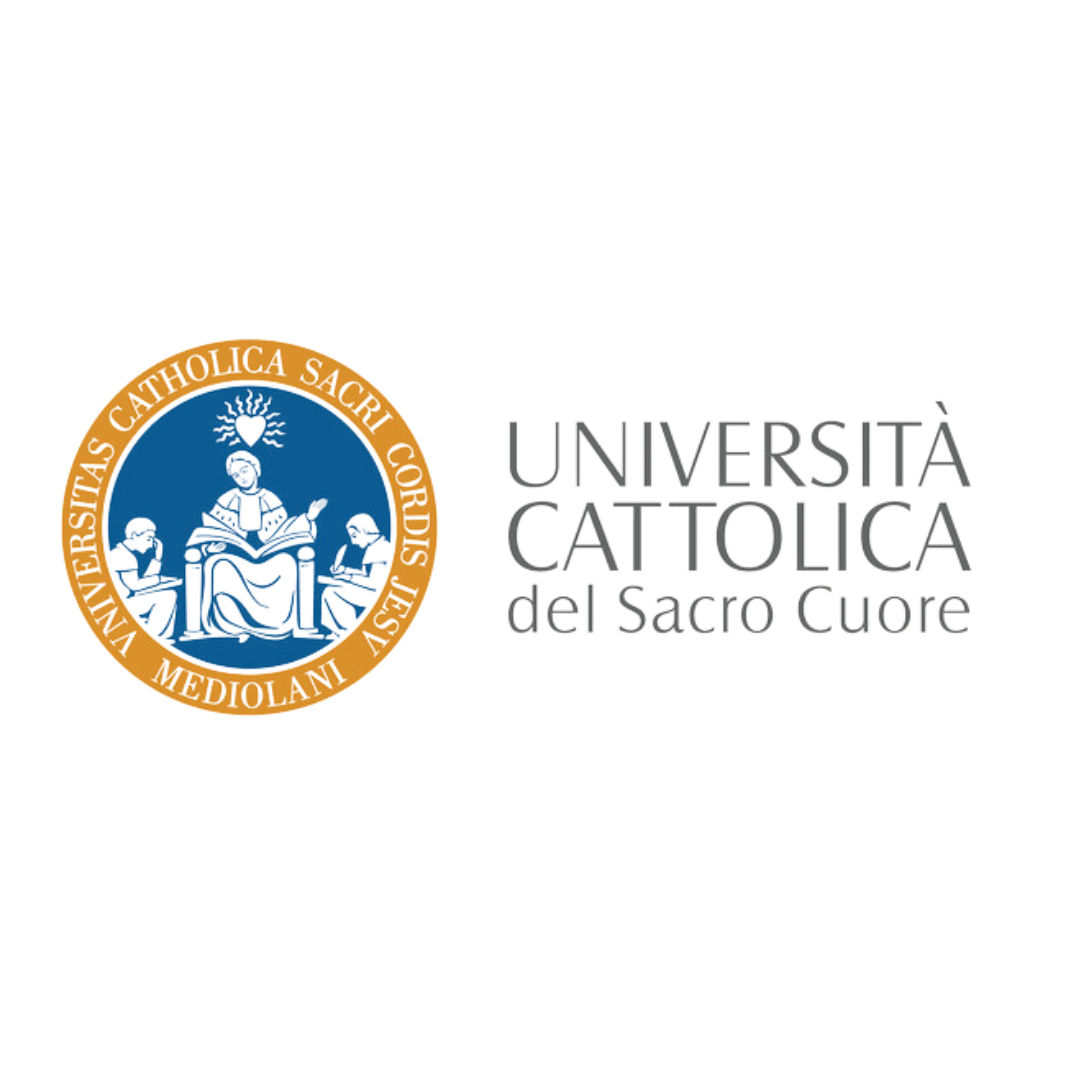
With its 5 campuses, its 12 faculties and around 40,000 students, Università Cattolica del Sacro Cuore is the most important Catholic higher education institution in Europe.
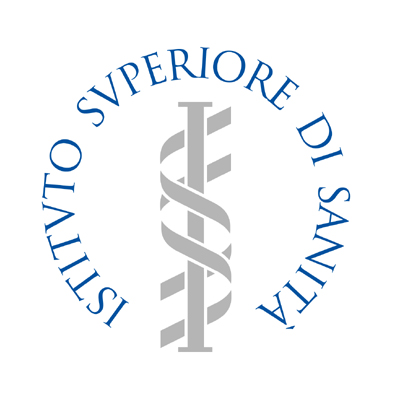
The Istituto Superiore di Sanità (ISS) is the the main biomedical and public health research institute in Italy and the leading technical and scientific public body of the Italian National Health Service.
Health-RI is the Dutch non-profit foundation supporting a public private partnership of organizations with the aim to realize a national health-data infrastructure.
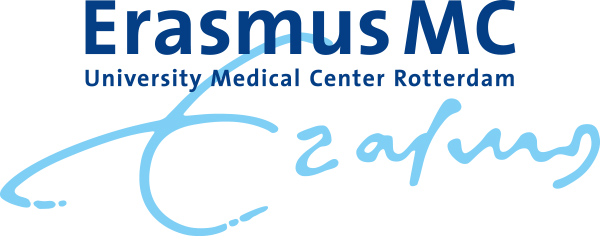
Erasmus MC is the most innovative university medical center in the Netherlands and one of the world’s leading centers of scientific research.
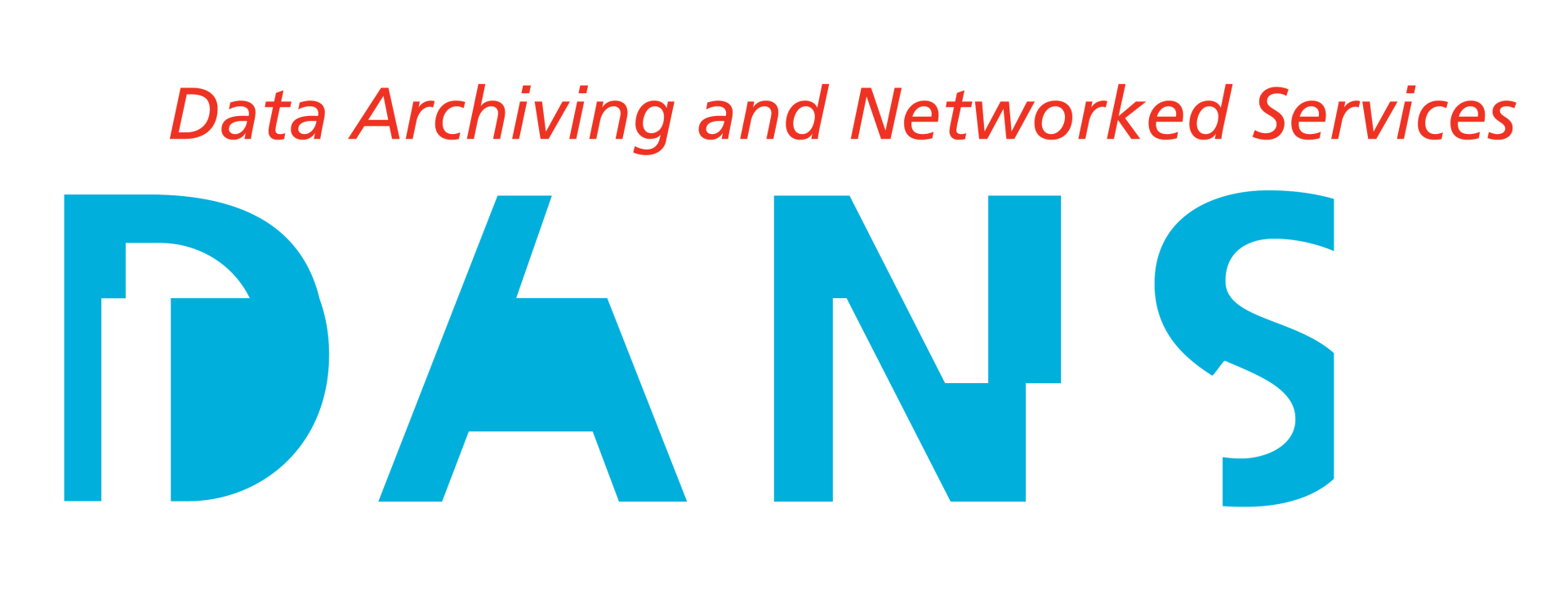
DANS is the Dutch national centre of expertise and repository for research data. With more than 200,000 datasets, it support researchers to reuse the data and make published research verifiable and reproducible.
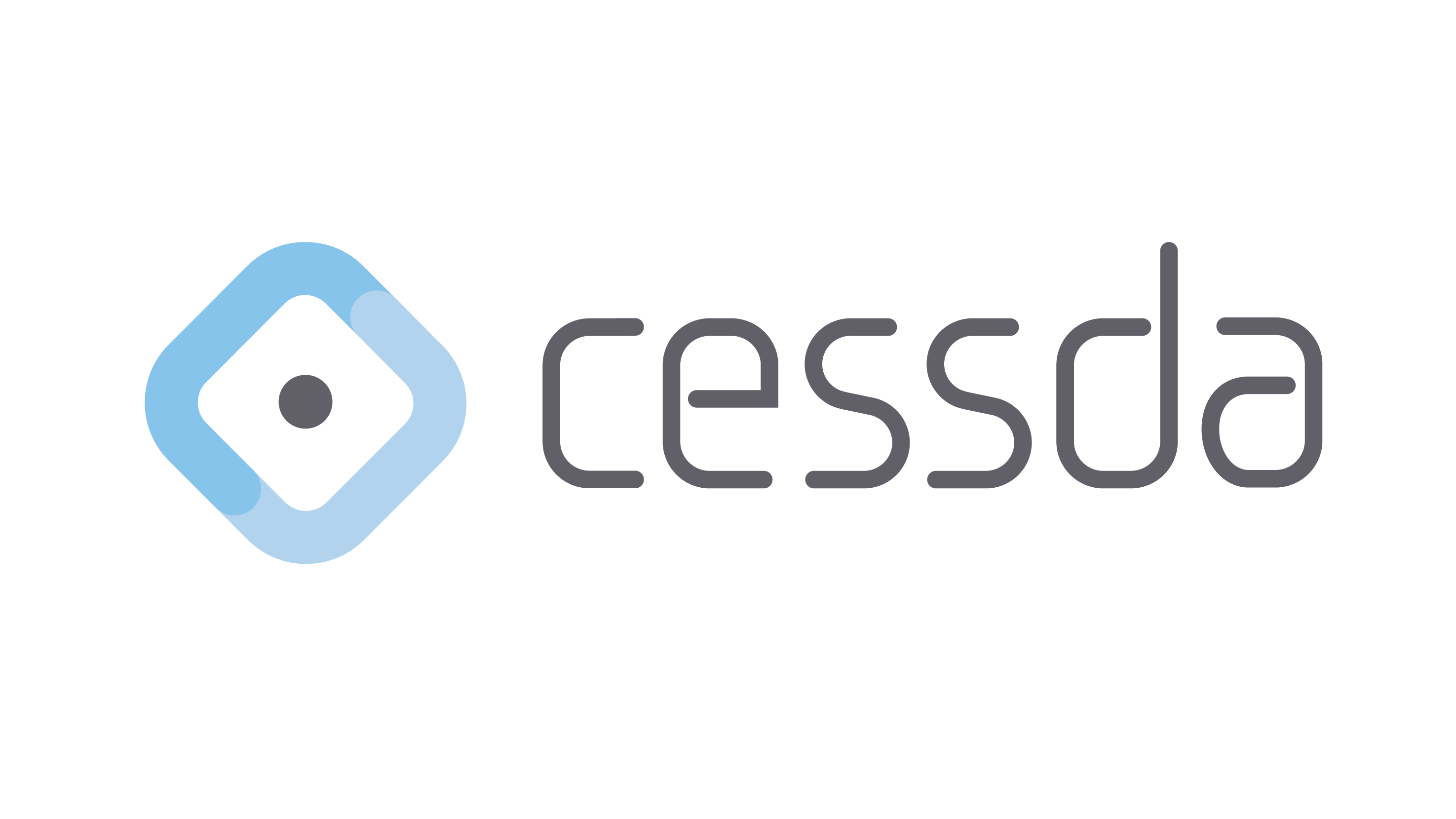
CESSDA is a consortium of 22 member countries and provides seamless access to data across repositories, nations, languages.
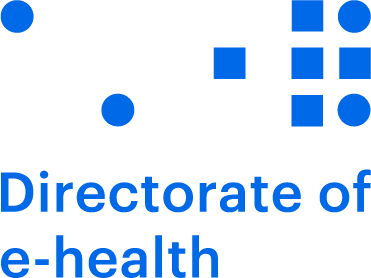
The Directorate of e-health is a sub-ordinate institution of the Ministry of Health and Care Services in Norway, responsible for the steering and coordination of eHealth through close cooperation.

The Faculty of Medicine of the University of Porto (FMUP) is one of the most prestigious national higher education institutions, recognized for its leadership in the production of medical-scientific research.

SPMS was established to optimize and centralize services for the Portuguese NHS, being responsible for NHS monitoring, and holding health data collection, storage, and transfer roles.
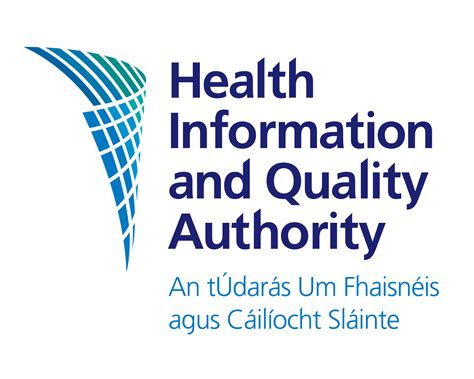
HIQA is an independent statutory authority established to promote safety and quality in health and social care service provision in Ireland.

National Institute of Public Health (NIJZ) is the central Slovene institution for public health practice, research and education.
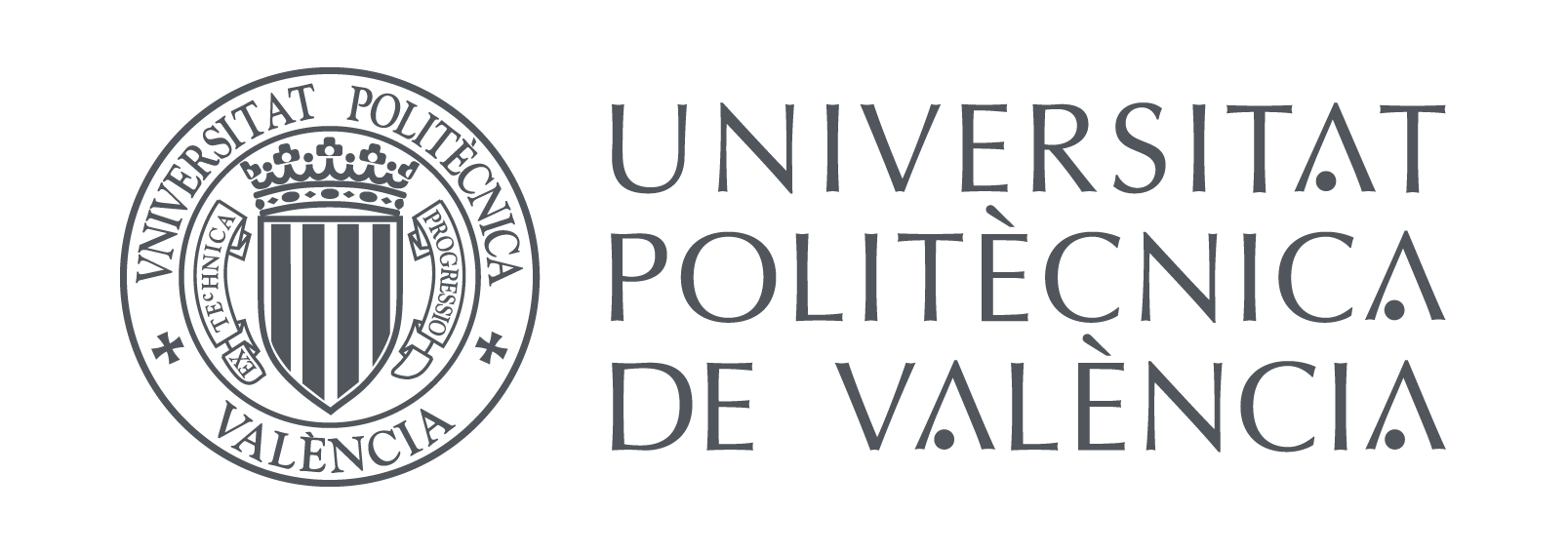
UPV is one of the leading technical Universities in Spain. The BDSLab of the ITACA Institute has solid experience in European projects in Data Science for Health, including Data Quality technologies.

The Institute for Health Sciences in Aragon (IACS) promotes knowledge in Biomedicine and Health Sciences. Its mission is to facilitate the promotion of research, innovation and decision-making in health services..
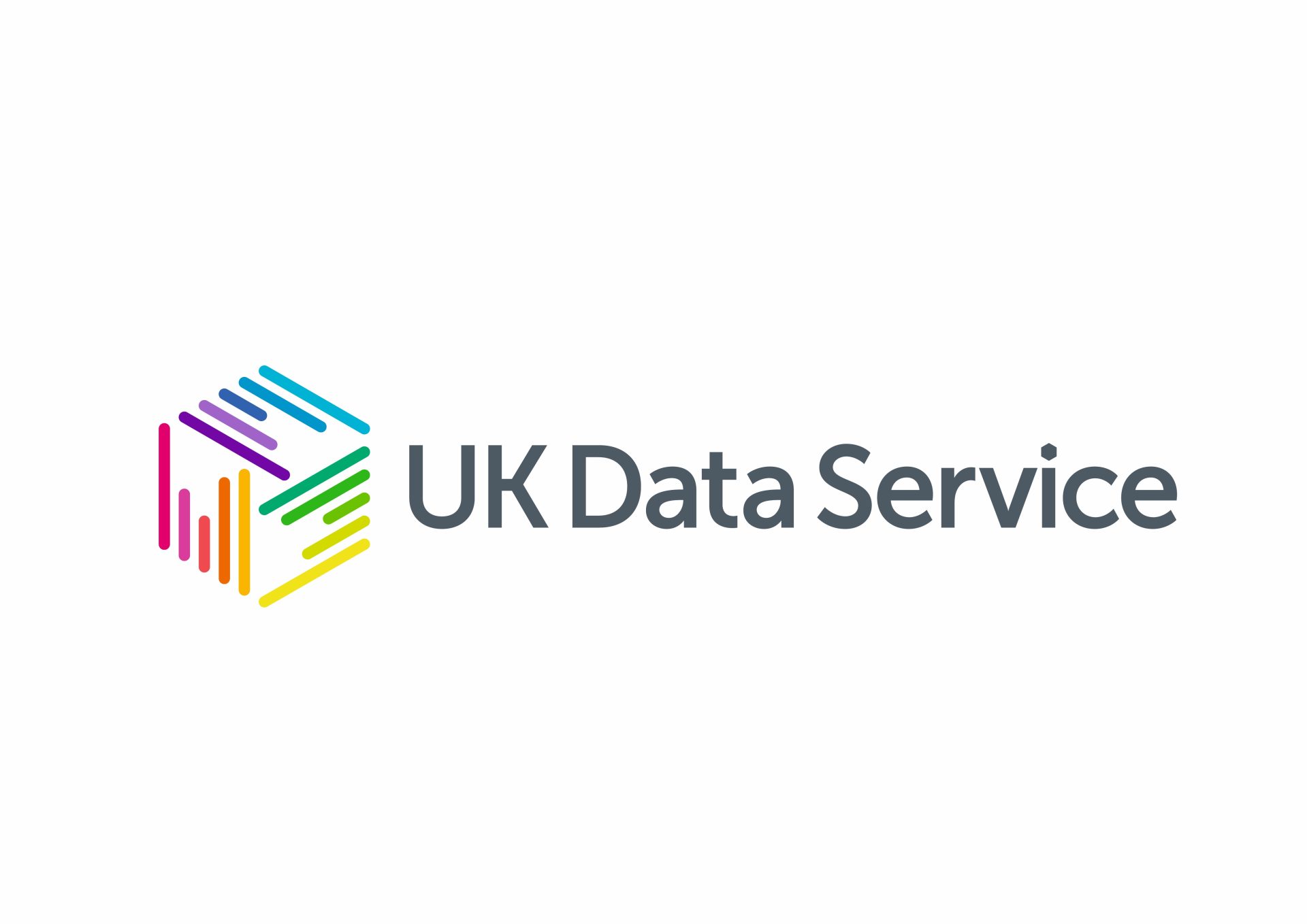
Funded by UK Research and Innovation (UKRI), the UK Data Service has the largest collection of economic, social and population data in the UK.
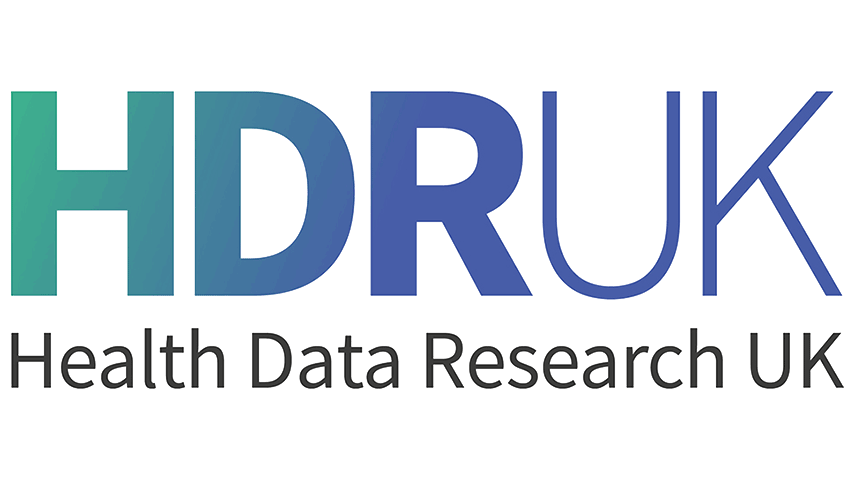
As the UK’s national institute for health data science, our mission is to unite the UK’s health data to enable discoveries that improve people’s lives.
